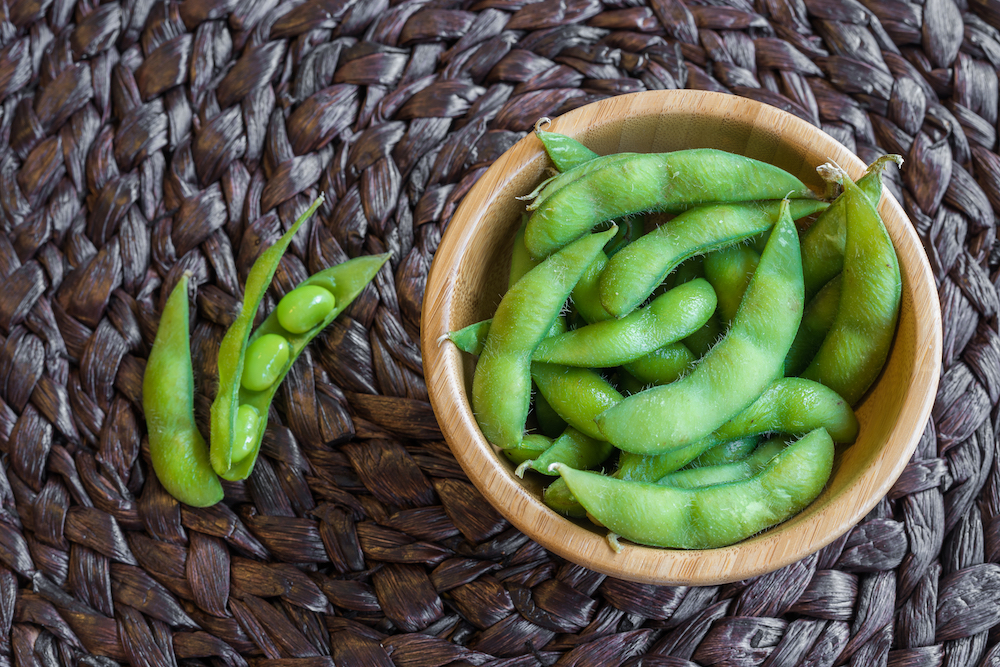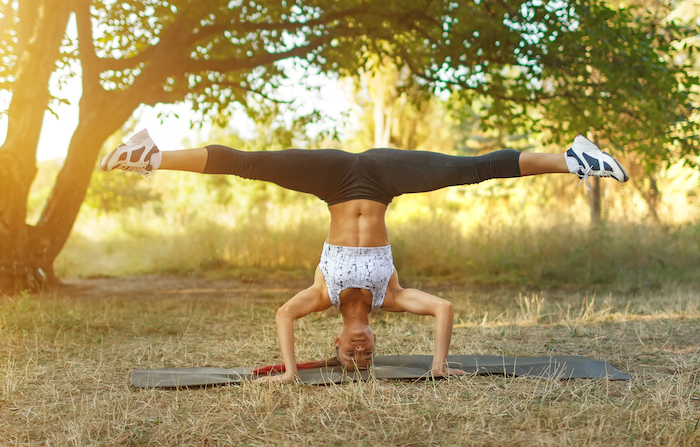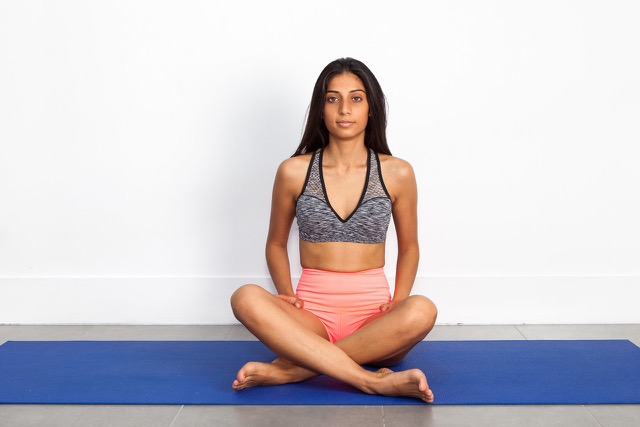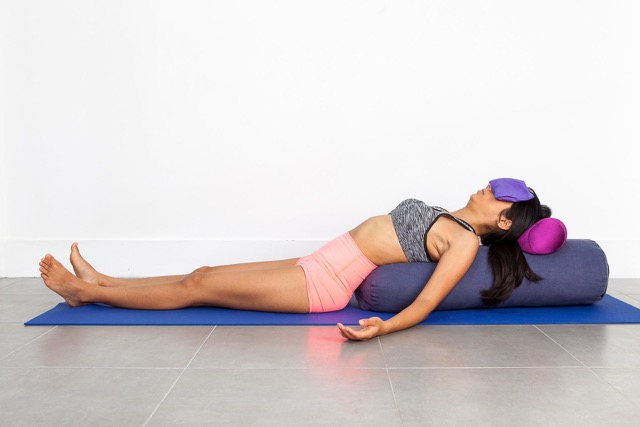To build muscle, the first thing most people think of is lifting heavy weights and protein. Eating the right foods plays a big part in building muscle as it allows for greater muscle mass and a lean body. TruBe knows that it is essential to get the right amount of protein in your diet to see changes in your body. Amino acids are the building blocks of protein and different foods contain different combinations. Leucine is the most important of the 20 amino acids which create muscle and studies show that eating around 2-3 grams will give you the maximum anabolic effect from a meal. So which foods have the best proteins? TruBe have come up with our 5 best proteins to include in your diet for muscle growth.
- Chicken
Chicken is probably the most common source of protein that people eat in order to build muscle. 100g of cooked chicken breast contains over 2 grams of Leucine.
2. Eggs
Eggs are incorporated into most diets for their high quantity of protein. Just three eggs contains at least 2g of Leucine
3. Yoghurt

Yoghurt is great to include in breakfast meals with some fresh fruit. 1 cup of greek yoghurt contains at least 2.5 grams of Leucine. If you are lactose intolerant, there are many different types of yoghurts that are lactose free and are still high in protein.
4. Tuna
Tuna can be eaten raw or cooked and is a great source of protein. 100g of cooked Tuna has over 2 g of Leucine Try adding some tuna to your salad or on a bed of quinoa.
5. Soybeans

Soybeans are great to liven up salads or to accompany a meat dish. 100g contains over 3 grams of Leucine.
Don’t forget that our TruBe trainers will support you with your nutrition to help you reach your desired fitness goals. We have a range of trainers who have certified in nutrition such as Mel Rutherford who has obtained a precision nutrition certification.
To book a session, visit our website or book through our app today!












